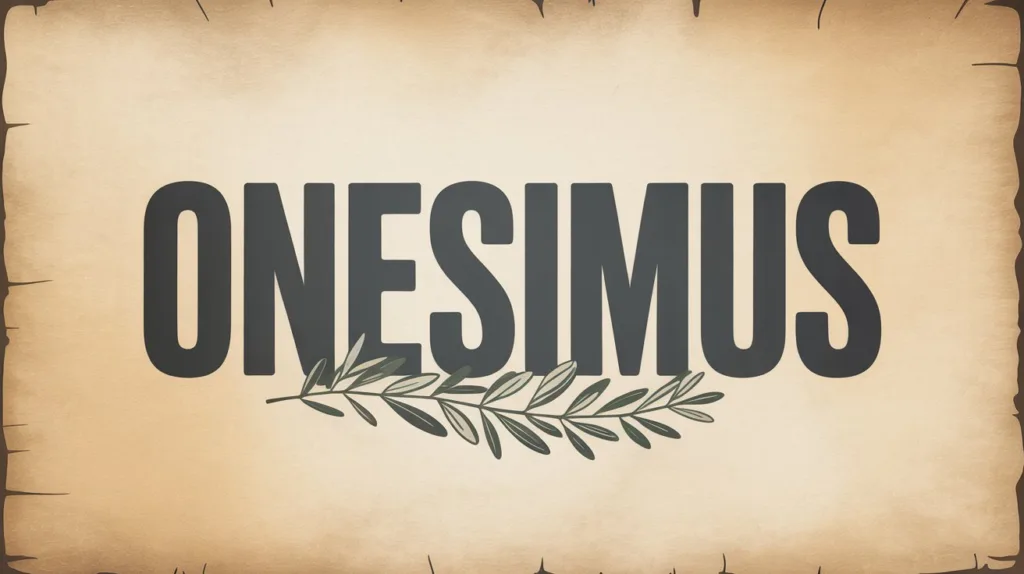Scripture does not forbid all alcohol consumption, but it clearly condemns drunkenness, addiction, and behavior that causes others to stumble. Wine is mentioned positively in certain contexts and negatively in others. The key is self-control, purity, and discernment.
Paul told Timothy:
“No longer drink only water, but use a little wine for your stomach’s sake and your frequent infirmities.” (1 Timothy 5:23)
Wine was used medicinally and commonly in biblical times. Jesus Himself turned water into wine at a wedding in Cana:
“This beginning of signs Jesus did in Cana of Galilee… and His disciples believed in Him.” (John 2:11)
However, the Bible is equally clear about the dangers of overindulgence:
“And do not be drunk with wine, in which is dissipation; but be filled with the Spirit.” (Ephesians 5:18)
“Wine is a mocker, strong drink is a brawler, and whoever is led astray by it is not wise.” (Proverbs 20:1)
Believers are also warned not to use their liberty in a way that causes others to fall:
“It is good neither to eat meat nor drink wine nor do anything by which your brother stumbles.” (Romans 14:21)
Drinking in moderation is not inherently sinful, but it must always be evaluated in light of personal conviction, the impact on others, and the pursuit of holiness. Leaders are held to higher standards:
“Not given to wine, not violent, not greedy for money, but gentle, not quarrelsome, not covetous.” (1 Timothy 3:3)
The Christian’s goal is not self-indulgence but self-control, walking in the Spirit, and honoring God in all things.





 Get the book that teaches you how to evangelize and disarm doctrines from every single major cult group today.
Get the book that teaches you how to evangelize and disarm doctrines from every single major cult group today.